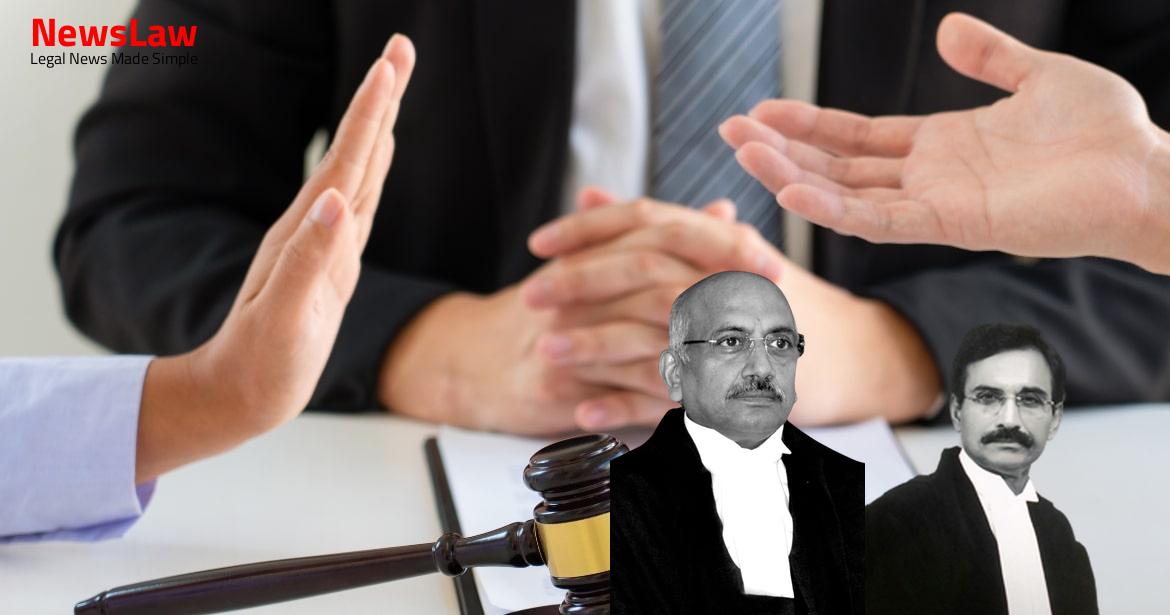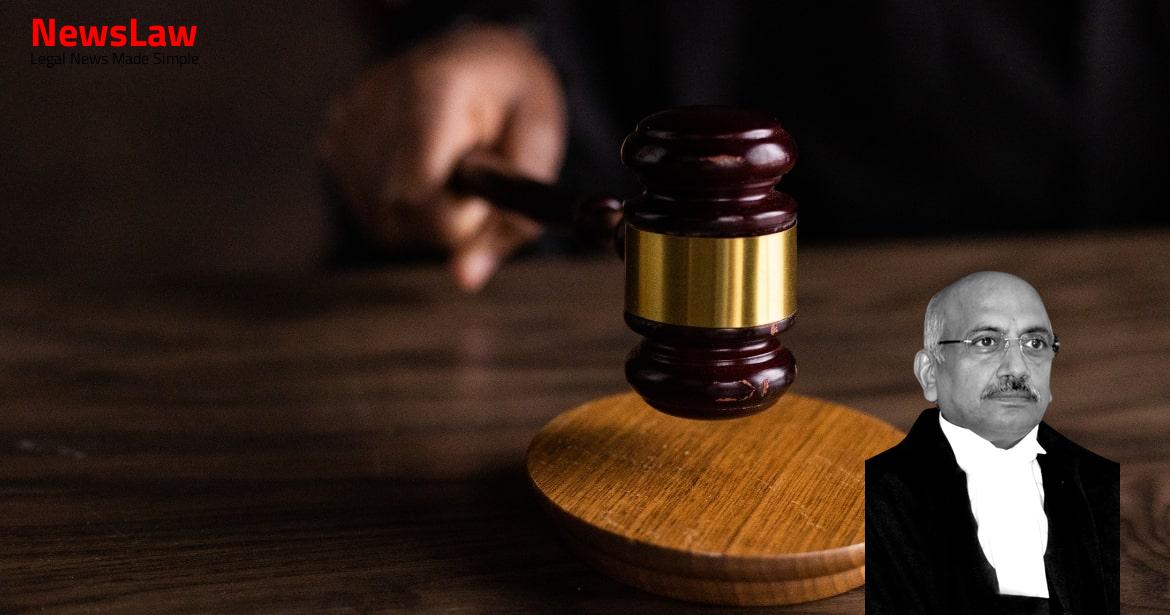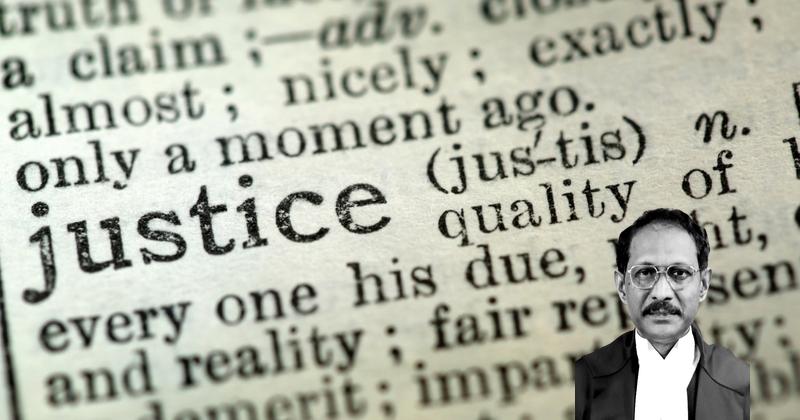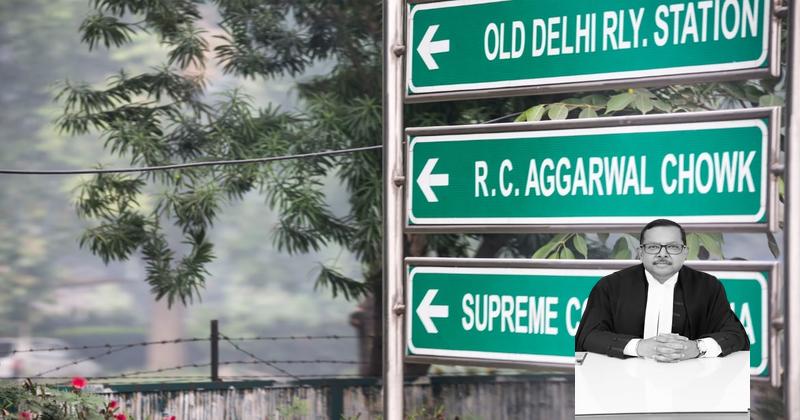In a significant legal development, the Supreme Court has delivered its judgement in the Sangitaben Shaileshbhai Datanta v. State of Gujarat case. This decision marks a pivotal moment in the realm of criminal law and statutory requirements. Stay tuned for more details on this groundbreaking ruling.
Facts
- The High Court of Judicature at Madras constituted a Heterogeneous Committee on 24 April, 2019.
- The committee was formed to provide recommendations on reformation, rehabilitation, and re-integration of convict/accused persons into society.
- The committee was also tasked with suggesting best practices for improving the quality of investigation in such cases.
Also Read: Interpretation of Mandatory Statutory Time Limits
Analysis
- In Sangitaben Shaileshbhai Datanta v. State of Gujarat, the court held that ordering accused and their relatives to undergo scientific tests like lie detector, brain mapping, and Narco-Analysis is against criminal law principles and statutory requirements.
- The court directed a Bank to distribute recovered amounts to poor depositors and provide details of the payments.
- In State of Punjab v. Davinder Pal Singh Bhullar & Ors., the High Court passed orders on offenders not connected to the case being heard.
- In Davinder Pal Singh Bhullar case, the court referred to Simrikhia v. Dolley Mukherjee case, stating that powers under Section 482 of the Code cannot be used for actions prohibited by the Code.
- In Reserve Bank of India v. General Manager, Cooperative Bank Deposit A/C HR. Sha & Ors., the court criticized invoking jurisdiction in unrelated matters after a final order.
- In Santosh Singh v. Union of India & Anr., the court referred to limits of jurisdiction, stating that improving the criminal justice system should not exceed bail application scope.
- The High Court, in a case related to bail under Section 439 of the CrPC, was directed to provide office space for the Committee and safeguard all relevant documents.
- The accused was granted bail by the High Court on February 18, 2019, alongside a requirement to submit details of registered cases, trial outcomes, etc., to shed light on the state’s criminal justice system.
- After collecting and analyzing case data from each district, the High Court authored a thesis on the optimal functioning of the criminal justice system in the state.
- The High Court’s authority is limited by statutory provisions, preventing it from issuing orders solely based on perceived ‘interest of justice’ without following prescribed procedures.
- Preceding bail grants, the High Court must notify the Public Prosecutor in specific cases, such as those triable exclusively by the Court of Session or punishable by life imprisonment.
- It was noted that the High Court’s jurisdiction ends once a bail application under Section 439 is definitively resolved.
- The Single Bench’s act of retaining the case file post bail approval was considered a serious irregularity as the Court’s jurisdiction was limited to deciding on bail eligibility.
- The order passed by the High Court on 24 April, 2019 is not sustainable in law.
- The order set aside.
Decision
- The appeal has been allowed.
- The decision of the lower court has been overturned.
- The decision is in favor of the Original Names.
Also Read: Challenging Legal Analysis in Acquittal Reversal
Case Title: STATE REP. BY THE INSPECTOR OF POLICE Vs. M. MURUGESAN (2020 INSC 46)
Case Number: Crl.A. No.-000045-000045 / 2020



